Best nitrogen fix
ken1
13 years ago
Related Stories

GARDENING GUIDESHow to Fix Bare and Yellow Lawn Spots
Restore your turf’s good looks by reseeding unsightly patches
Full Story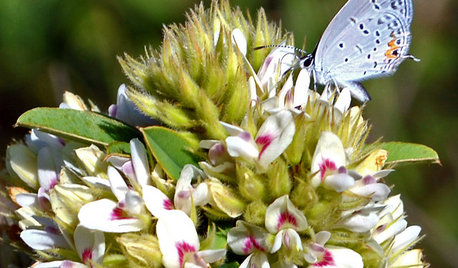
GARDENING GUIDES5 Prairie Wildflowers That Can Heal Your Soil
Get free, organic soil fertilizer with nitrogen-pumping plants that draw pollinators too
Full Story
GRASSESHow to Rock a Lawn
Weekend Project: The key to healthy grass begins with the soil. If turf works for you, here’s how to fix it and keep it looking its best
Full Story
GARDENING GUIDES15 Ideas to Try in Your Garden This Year
These gardening stories were tops among Houzz readers. Which ideas might you try this year?
Full Story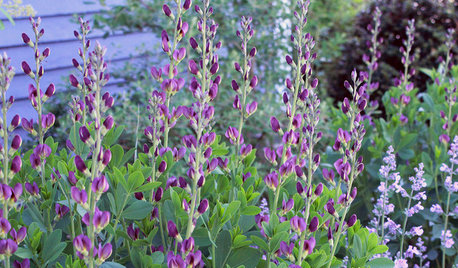
GARDENING FOR BUTTERFLIES7 Native Wildflowers to Make You an Awesome Butterfly Host
Offer the leaves of these and you’ll get more butterflies than with flower nectar alone
Full Story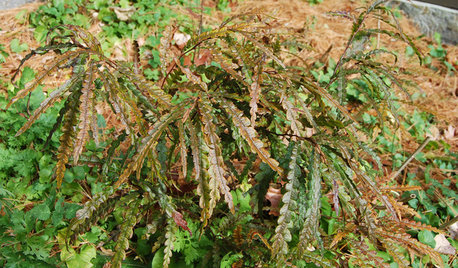
GARDENING GUIDESGreat Design Plant: Comptonia Peregrina
Though not a fern, sweet fern sure smells sweet and thrives in tough spots where many shrubs and ferns cannot
Full Story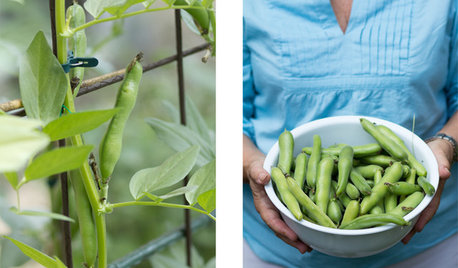
SUMMER FRUITS AND VEGETABLESSummer Crops: How to Grow Beans
Grow your own beans for amazing variety and healthy, convenient produce all summer
Full Story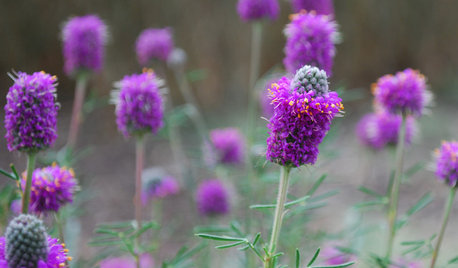
GARDENING FOR BUTTERFLIESGreat Design Plant: Purple Prairie Clover
Bees and butterflies and color, oh my! This cheery native perennial will energize your landscape
Full Story
EDIBLE GARDENSGarden BFFs? Why Your Vegetables Are Begging for Companion Plants
Foster friendships among plants for protection from pests, pollination support and color camaraderie
Full Story
EDIBLE GARDENSSummer Crops: How to Grow Watermelons
You might not need as much space as you think to get this summer mainstay to spring up in your garden
Full StoryMore Discussions







toffee1
ken1Original Author
Related Professionals
Woodinville Landscape Architects & Landscape Designers · Canton Landscape Contractors · Norwood Landscape Contractors · Stoughton Landscape Contractors · Matthews Landscape Contractors · Allentown Landscape Contractors · Bridgeview Landscape Contractors · Fair Oaks Landscape Contractors · Petaluma Landscape Contractors · Streamwood Landscape Contractors · University City Landscape Contractors · Eastlake Landscape Contractors · Kansas City Decks, Patios & Outdoor Enclosures · Pittsburgh Decks, Patios & Outdoor Enclosures · Quincy Decks, Patios & Outdoor Enclosurespippimac
Kimmsr
bpgreen
ken1Original Author
gargwarb
ken1Original Author
gargwarb
gargwarb
ken1Original Author
gargwarb
phebe_greenhouse
phebe_greenhouse
ken1Original Author
jolj
bosal44
rott